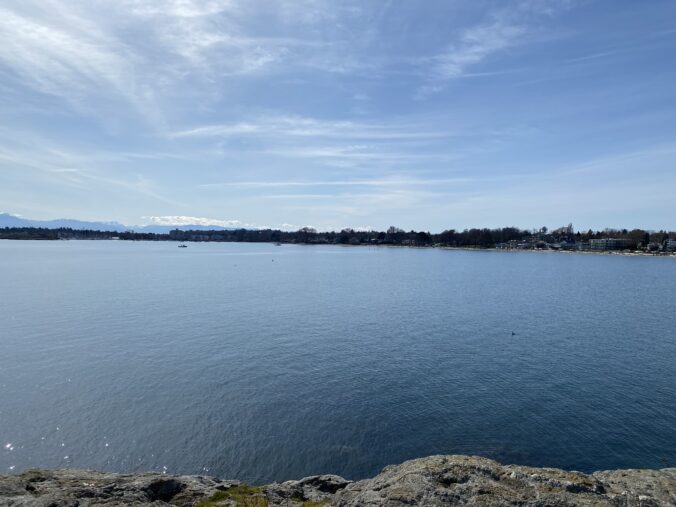What is media literacy? Why is it important? Why is it dismissed?
Media literacy is a framework which allows people to access, analyze, and evaluate the information given to them (Trilling & Fadel, 2012). Media literacy is important because deeply examining new information, can allow a better understanding about the role of media in society. Then, people are able to express their questions or concerns to the matter. However, sources can be bias and only share certain information to support their side. This can lead to fake news being spread across social media. Thus, media literacy can be unreliable from one source.
Why should you aim for varied views but the factual consensus in your PLN?Open dialogues about media literacy and factual information can create conflict, why does this happen?
Media literacy and factual information can lead to conflict within open dialogues. The interview between Miller and Smith elaborates on the businesses side of media. Smith explains how media gives the viewers what they want to see, not elaborating all view points. For example, if there is a website with an audience for healthy baking. There would be positive comments about all the unhealthy baking recipes but then when an healthy recipe is posted, viewers would surround the post with negative comments. Thus, the website would mainly post unhealthy recipes for the audience. Smith notices that this is because bias makes money for media.
This means that media shares information that would benefit them, and hide information where is can disadvantage them. This is why I will only share information that I know is trustworthy on my PLN. Similar to Baker’s PLN, I would want my audience to trust my information and knowledge. To do this, I would have to share unbiased information.
What is the benefit of having a PLN that values media literacy?
Media literacy is beneficial to students because it shows the importance of validity leading towards a trusted PLN. Individuals can see media literacy then further examine the information using other sources and their own opinion. Media literacy allows for critical thinking of issues around the world that develop.
References
Miller, J. (2021). EDCI 338- Julie Smith. YouTube.
Fadel, C., & Trilling, B. (2012). 21st Century Skills: Learning for Life in Our Times.
